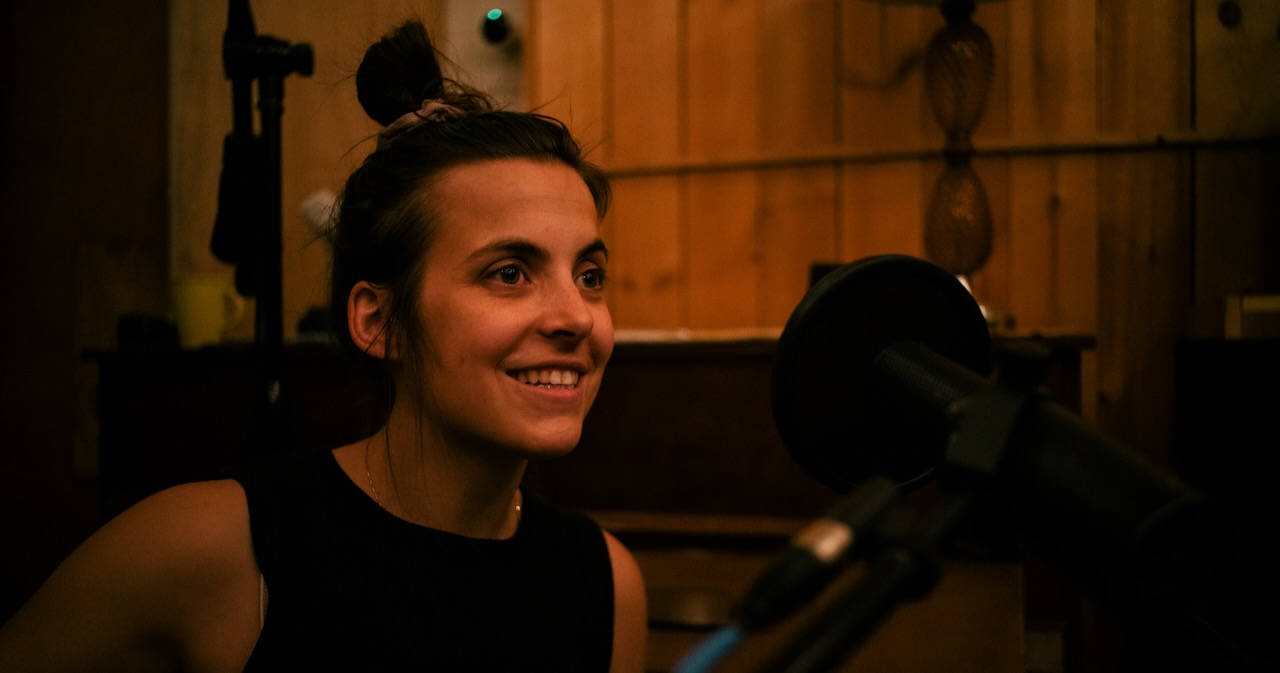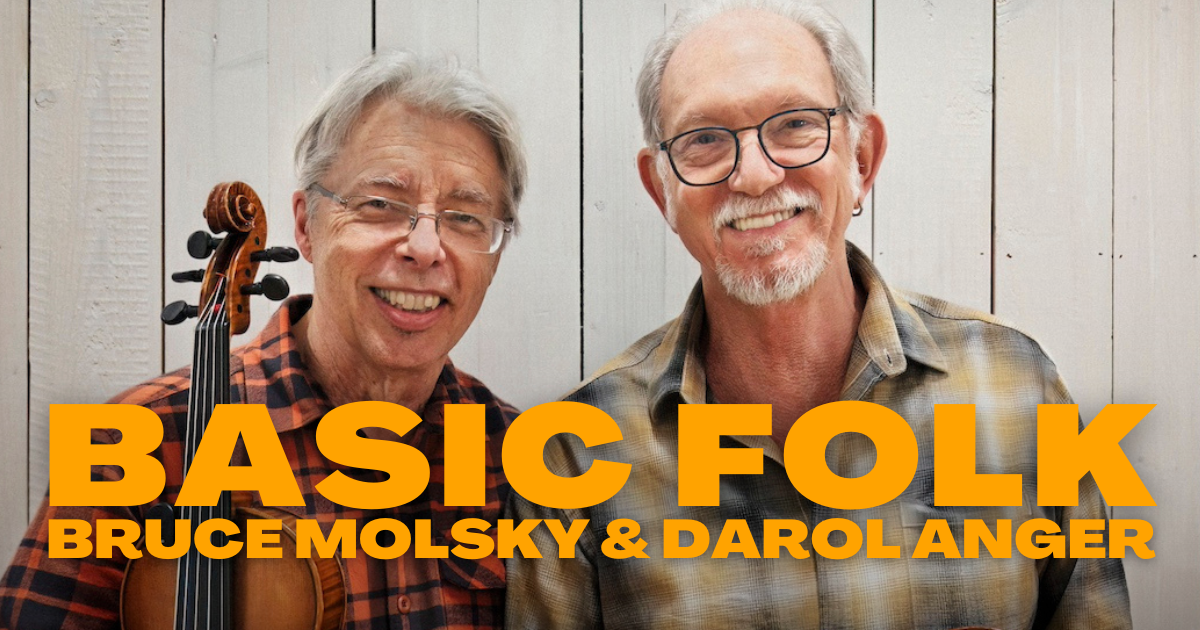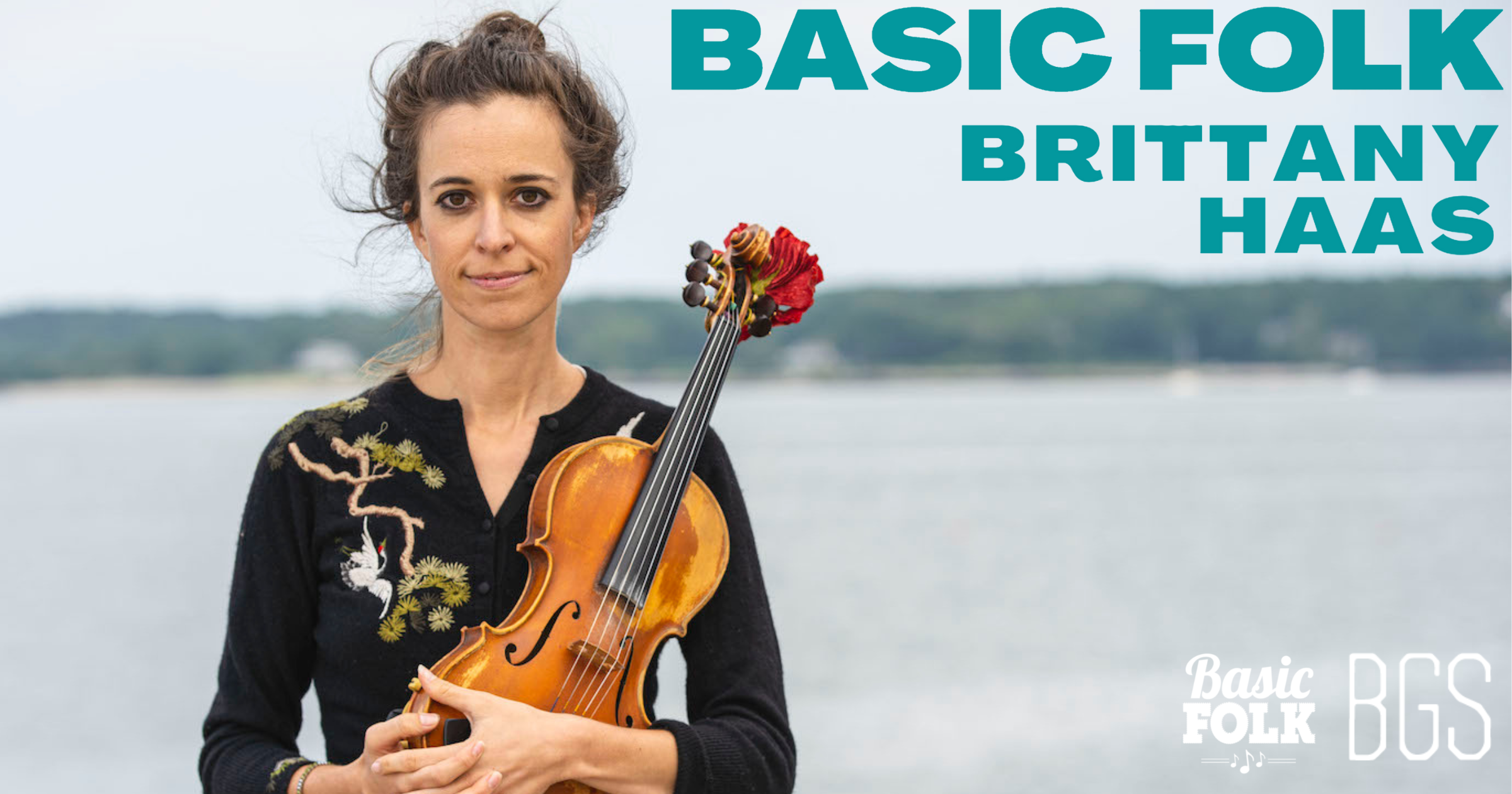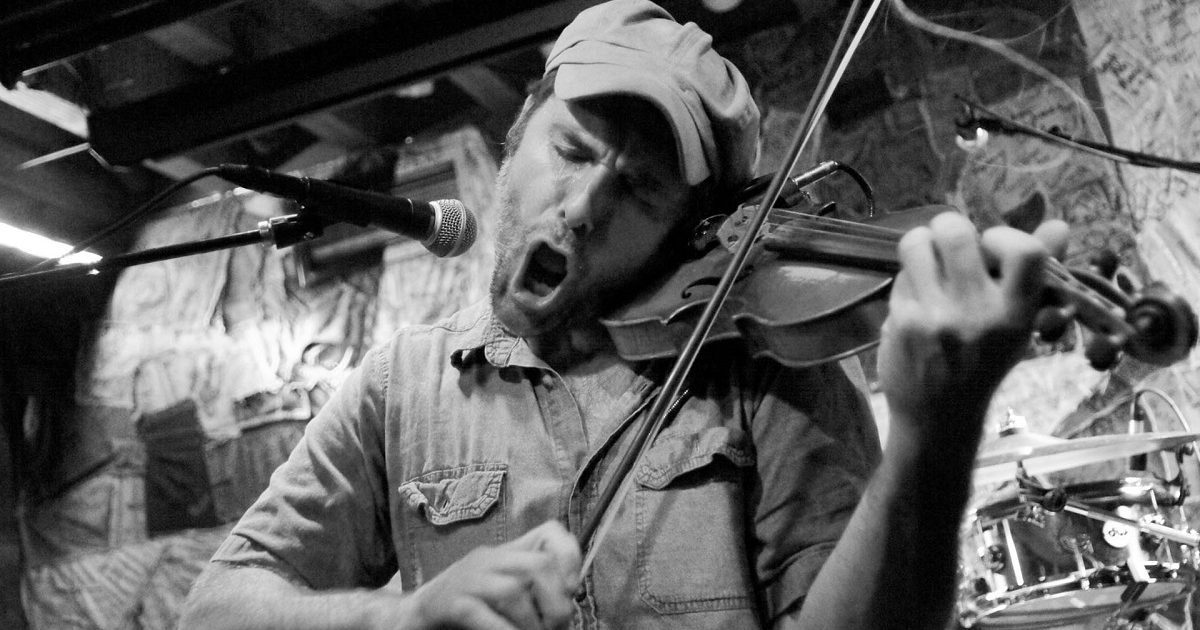Artist: Lily Talmers
Hometown: Birmingham, Michigan and Brooklyn, New York
Album: It Is Cyclical, Missing You
Personal nicknames: To most people I’m just Lily or LT. Though… I’ve long been just a hair away from changing my moniker from my real name to “Scary Magdalene.”
Which artist has influenced you the most – and how?
Judee Sill has been so huge for me – there is such musical intricacy to her work and to the metaphors she works with in writing. She just goes beyond the script of singer-songwriter in every way. She is really playing! With texture and tone and size and scope on every level – lyricism, meaning, arrangement, melody, harmony. She was just so devoted to every facet of the craft, and her songs thematically are themselves devotional.
As far as contemporaries go, though, Madison Cunningham has also totally changed my hopes and dreams. Her ways of being and writing have granted me permissions and reminders as simple as, “Women can be forces on the guitar!” and as wide as, “You can trust your audience to hold depth and complexity!” Her devotion to craft, like Judee’s, is the underlying thing that moves me.
What other art forms – literature, film, dance, painting, etc. – inform your music?
Does teaching count as an art form? I have taught or studied literature formally for the last 10 years off and on. I could rattle off a bunch of titles or something, but to be honest a huge part of my music and craft has to do with performing. I’ve learned so much about the type of performer and space holder I want to be by trying and failing at teaching and witnessing some really brilliant colleagues. It’s influenced everything – my body language, my attention, my ability to embody and to really mean what I’m saying or singing.
I taught literature to college students for four years at an alternative/outdoor education program called the New England Literature Program. I’ve been hugely impacted by the many ways one can go about instructing someone else to undergo a creative act, be it writing or interpreting writing. I’m always floored by what can be done by a group of people just paying attention to a work of art or piece of writing. And that practice of noticing and paying attention is like 80% of how I’ve gotten any good at writing songs or playing music.
How often do you hide behind a character in a song or use “you” when it’s actually “me”?
In a word, “often”! I think we’re only really capable of seeing in others the things that we most intimately witness in ourselves. So, if a song is about betrayal, it’s writing both of the betrayer and the betrayed, as if they’re separate people. But, usually, I’m reporting with a real understanding of both sides because I am both, the betrayer and the betrayed, at once! And, if I don’t realize at the time of writing the song that I am both, usually my life reveals it to me somewhere down the line. I hear the accusations and questions and outcries of the songs differently with time. People in my life have a deep impact on me, but a lot of my best songs emerge from the many binaries and paradoxes of my internal world and less often from literal features of my life.
Does pineapple really belong on pizza?
Absolutely. I feel like people who can’t accept this are still crying themselves a river over Dylan going electric. Things that seem like they shouldn’t work often do work! Get with it!! Having a pineapple-goes-on-pizza attitude bodes well with making music too – you should always say yes to inspired ideas that sound weird or impossible. And if it works, it just does. There doesn’t need to be theoretical sense-making of it all.
What is a genre, album, artist, musician, or song that you adore that would surprise people?
HA! I love this question. May the world know that I love Celine Dion. Particularly her French records – D’eux or On Ne Change Pas. When I’m sad I like to watch this video of her singing a Christmas song on TV when she was a teenager and being surprised by her family. I was shown her music in high school French class and have always loved her drama and the way she really dignifies the figure of “singer.”
Photo Credit: Alex Gallitano



